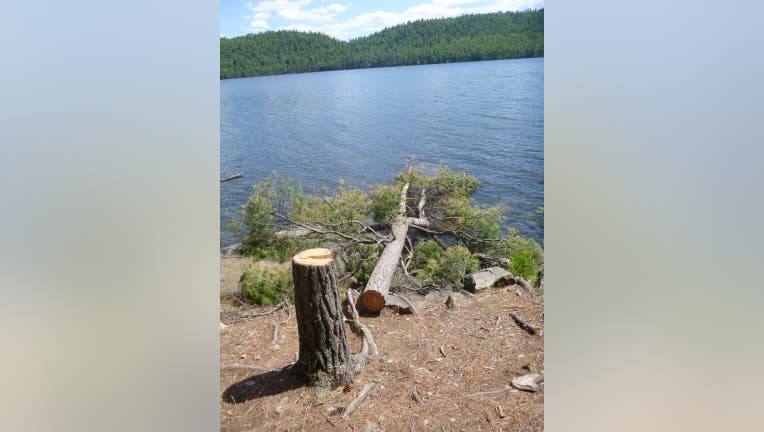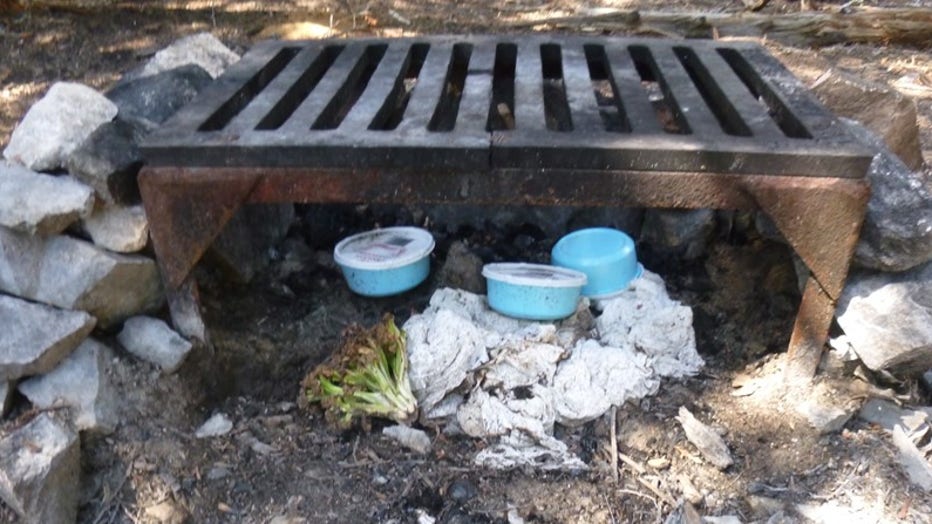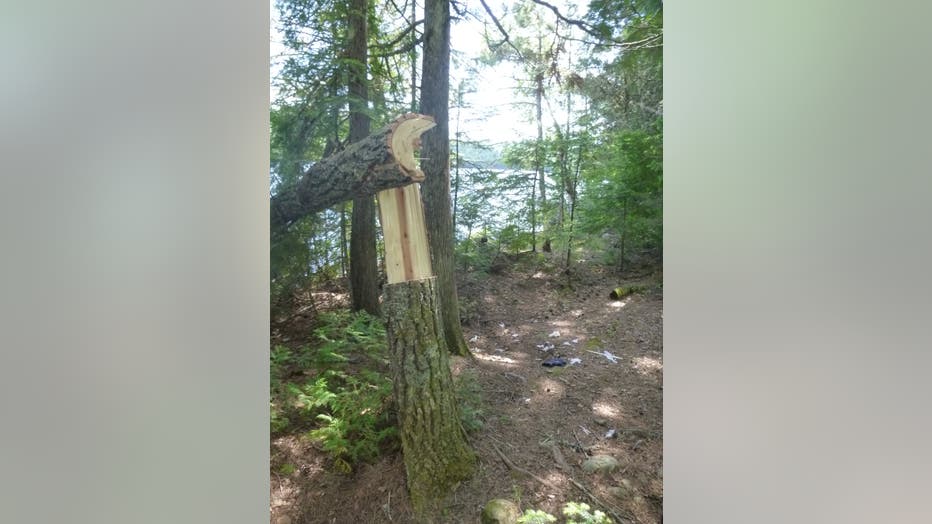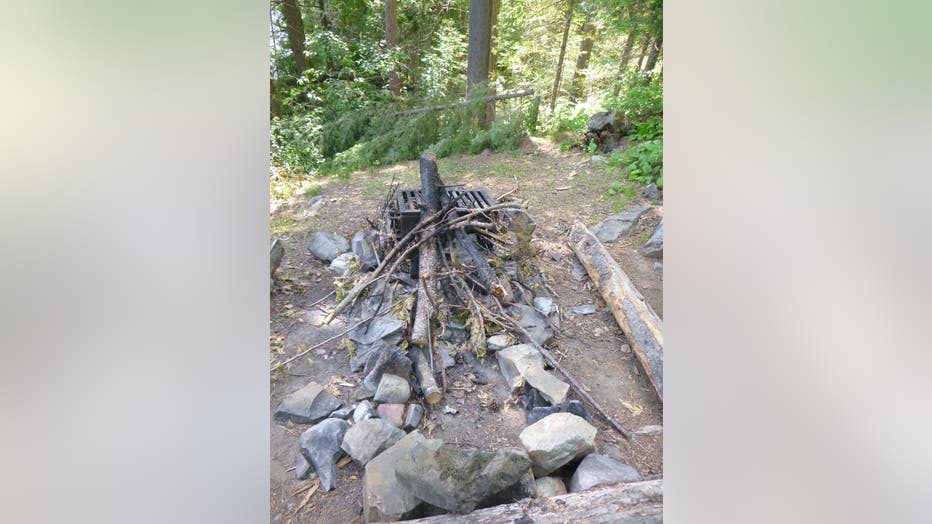Superior National Forest issues food storage restrictions for BWCA to reduce conflicts between humans, bears

A campsite on West Pike Lake in the BWCA. (U.S. Forest Service Superior National Forest / FOX 9)
ELY, Minn. (FOX 9) - U.S. Forest Service officials in the Superior National Forest have issued new food storage restrictions for several lakes in the Boundary Waters Canoe Area Wilderness to reduce potential conflicts between humans and black bears.
In a news release, Forest Service officials say the order is necessary to “reduce human and bear conflicts due to improperly stored food. Implementation of this food storage order will serve to increase protection for wild bears and visitors on particular lakes of the Gunflint District of the Boundary Waters Canoe Area Wilderness management area of the Superior National Forest.”
The order applies to campsites on the following lakes in the BWCAW: Alpine Lake, Jasper Lake, Seagull Lake, Red Rock Lake and Rog Lake.
Visitors on those six lakes are not allowed to possess or leave any food or other trash unless it is properly stored or is being eaten, being prepared for eating or being transported.
According to the order, “properly stored” means:
- Stored in a bear resistant container
- Suspended at least 12 feet clear of the ground at all points, 6 feet horizontally from any limb or pole and four feet vertically from any limb or pole
The order describes a “bear resistant container” as a “securable container constructed of solid non-pliable material capable of withstanding 200 foot-pounds of energy” that when “secured and under stress will not have any cracks, openings or hinges that would allow a bear to gain entry by biting or pulling with its claws.”

A campsite on Alpine Lake in the BWCA. (U.S. Forest Service Superior National Forest / FOX 9)
Trent Wickman, a spokesperson for the Superior National Forest, told FOX 9 the order was issued because there have been some problems with bears at campsites on those specified lakes this season.
FOX 9 BEAR WEEK: Living and camping with bears
“We’ve had some issues there with bears and if they get accustomed to finding easy to get at food, it’s just going to continue to get worse,” he said. “It’s just a heads up for people.”
Wickman said the Superior National Forest has seen an uptick in visitors in recent months, not just in the BWCA, but in all the recreational use areas of the forest, which spans a large portion of northern Minnesota, as people are looking for a safe way to get outside amid the COVID-19 pandemic.

A campsite on West Pike Lake in the BWCA. (U.S. Forest Service Superior National Forest / FOX 9)
But as the use of these areas increases, there have also been more instances of visitors not practicing Leave No Trace ethics, which are designed to help people minimize their impact on the land. Officials have found evidence of visitors burning or leaving trash, cutting down green trees or removing vegetation.
READ NEXT: Conservation advocates say increased hikers, campers causing damage in Boundary Waters
Wickman speculated that an increase in first-time visitors to the BWCA may be a contributing factor. He said he is happy to see new people visiting the Superior National Forest, but “maybe they’re not as aware of some of these things.”
He added since the Superior National Forest offices are closed and only operating virtually, people have to print their permits at home before entering the BWCA, instead of going into the office to pick them up like in years past.
“When folks would come into the office to pick them up, they would be sat down in front of the video series [about Leave No Trace] and now they’re expected to watch them at home,” Wickman said.
The U.S. Forest Service has recently taken to social media to share photos of campsites they have found that violated the Leave No Trace principles and educate visitors on what NOT to do when visiting the BWCA.
“We’ve definitely seen an increase in that kind of behavior and that’s why we started that effort with trying to get that info out there,” Wickman said. “You would think most people would realize that even without education on Leave No Trace principles that people would know not to cut down trees, but maybe not, so that’s why we’re going the education route.”
The photos included a detailed description of the Leave No Trace principles that are being violated.

A campsite on West Pike Lake in the BWCA. (U.S. Forest Service Superior National Forest / FOX 9)
As for the new food storage restrictions, Wickman said education is the Forest Service’s first response to noncompliance with the order, but violations could result in a fine of up to $5,000 and/or six months in jail.

